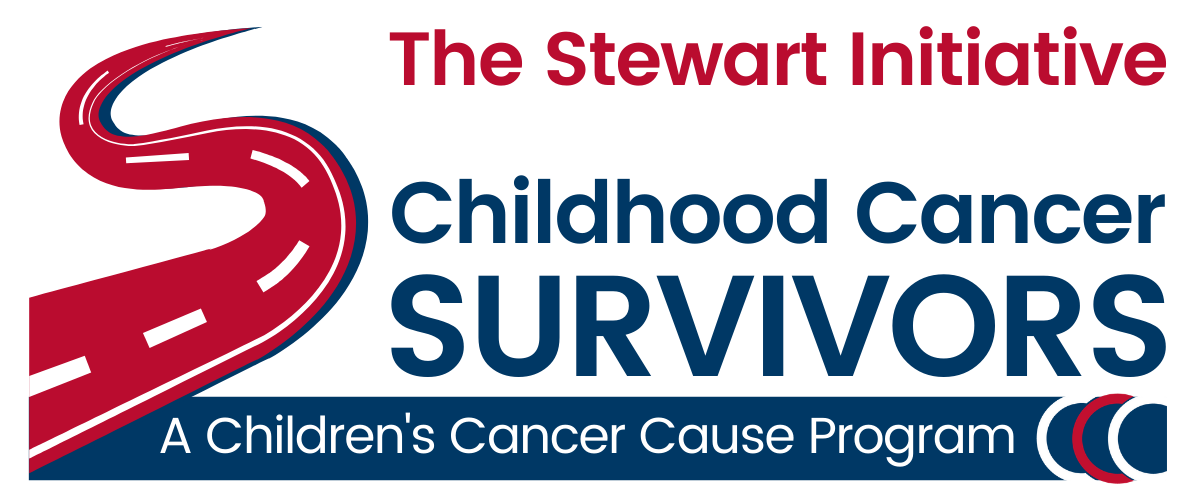
Transitions & Navigating Care
As a childhood cancer survivor, it is important for you to be a strong self-advocate. Self-advocacy means being able to speak up for yourself, being informed, knowing how to access reliable information, and taking charge to improve your quality of life. This section is designed to help you cope with the challenges you face during transitioning and navigating care.
As a cancer survivor, the most crucial aspect of transitioning your care from your pediatric cancer team to any medical practitioner of adult care is a comprehensive treatment summary. With this tool, you can ensure that any doctors you see in the future will be well-briefed on your past. Visit the Survivorship Care Plan page on this site for more detailed information about these plans.
In this January 2022 episode of our Conversations Series, we ask Texas Childrens’ Dr. Monica Gramatges to define 'transitions in care' and walk us through some of the different types of transitions that survivors face.
In this October 2021 episode of our virtual chat series, we talk with Smita Bhatia, MD, MPH, Director of the Institute for Cancer Outcomes and Survivorship in the UAB School of Medicine, about the transition from pediatric to adult healthcare:
Key Resource: Got Transition
Got Transition, a program of The National Alliance to Advance Adolescent Health, has a mission of improving transition from pediatric to adult care through the use of innovative strategies. Although their resources are not oncology-specific, they’re useful for any young adult transitioning care.
The toolkit linked here is for families, to help navigate this transition of care together. It includes a list of questions to ask your doctor about transitioning to adult health care, a checklist for exploring decision-making supports, and an outline of systematic differences between pediatric and adult health care:
Are you ready to transition your care?
Got Transition also provides “Readiness Assessment” forms, which provide a checklist for you to go over with your care team (either pediatric or adult) to assess gaps in self-care knowledge and identify issues that need to be addressed.
Some of these readiness assessment statements include:
“I know what to do in case of a medical emergency.”
“I know the names and doses of my medications.”
“I fill prescriptions before they run out.”
“I answer questions on my own during medical visits.”
“I understand my insurance plan.”
How to Communicate with Your Healthcare Team
Many people find it difficult to communicate with healthcare providers, even cancer survivors who have spent a lot of time in hospitals and clinics. It is more than likely that your parents have been in charge of discussions with you and asking questions of your doctors, nurses, and others. It is a new experience for you to be in charge of your own health but an important area for you to take charge of. Remember that you have years of experience in dealing with your disease and treatment and that most healthcare providers want to partner with you to give you the best care and support.
Before any appointments, write down any questions or concerns you have and bring the list with you. If there are a lot of questions, you may want to let the scheduler know in advance so more time can be provided for your appointment.
Consider bringing a friend or relative with you to take notes. It’s often helpful to have two sets of ears listening, especially if you are nervous or anxious.
If you don’t understand something, repeat back to your doctor or nurse practitioner what you think you heard. It’s okay to ask about the meaning of words you don’t understand or to ask them to write down terms so you can research them further on your own.
Try not to get frustrated if you don’t feel your concerns are being heard, but be persistent. Be assertive without being rude or accusatory.
Turning 18: What it Means for Your Health
Turning 18 may not make you feel any different, but legally, this means you are an adult.
What does this mean?
After you turn 18, your doctor talks to you, not your parents, about your health.
Your health information and medical records are private (or confidential) and can’t be shared unless you give the OK.
It is up to you to make decisions for your own health care, although you can always ask others for help.
Things to know:
The confidentiality between you and your doctor is legally known as the Health Insurance Portability and Accessibility Act, or HIPAA.
This law gives privacy rights to minors (people under the age of 18) for reproductive and sexual health, mental health, and substance abuse services. Check your state’s minor consent laws for more information.
What needs to be done?
If you want to share medical information with others, your doctor will ask you to fill out a form that allows them to see your medical record and be with you during your visit.
If you need help making decisions, talk to your family, your support team, and your doctor about who needs to be involved and what you need to do to make sure they can be a part of the conversations.

